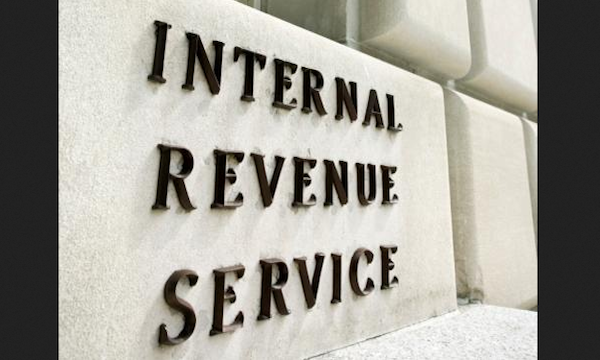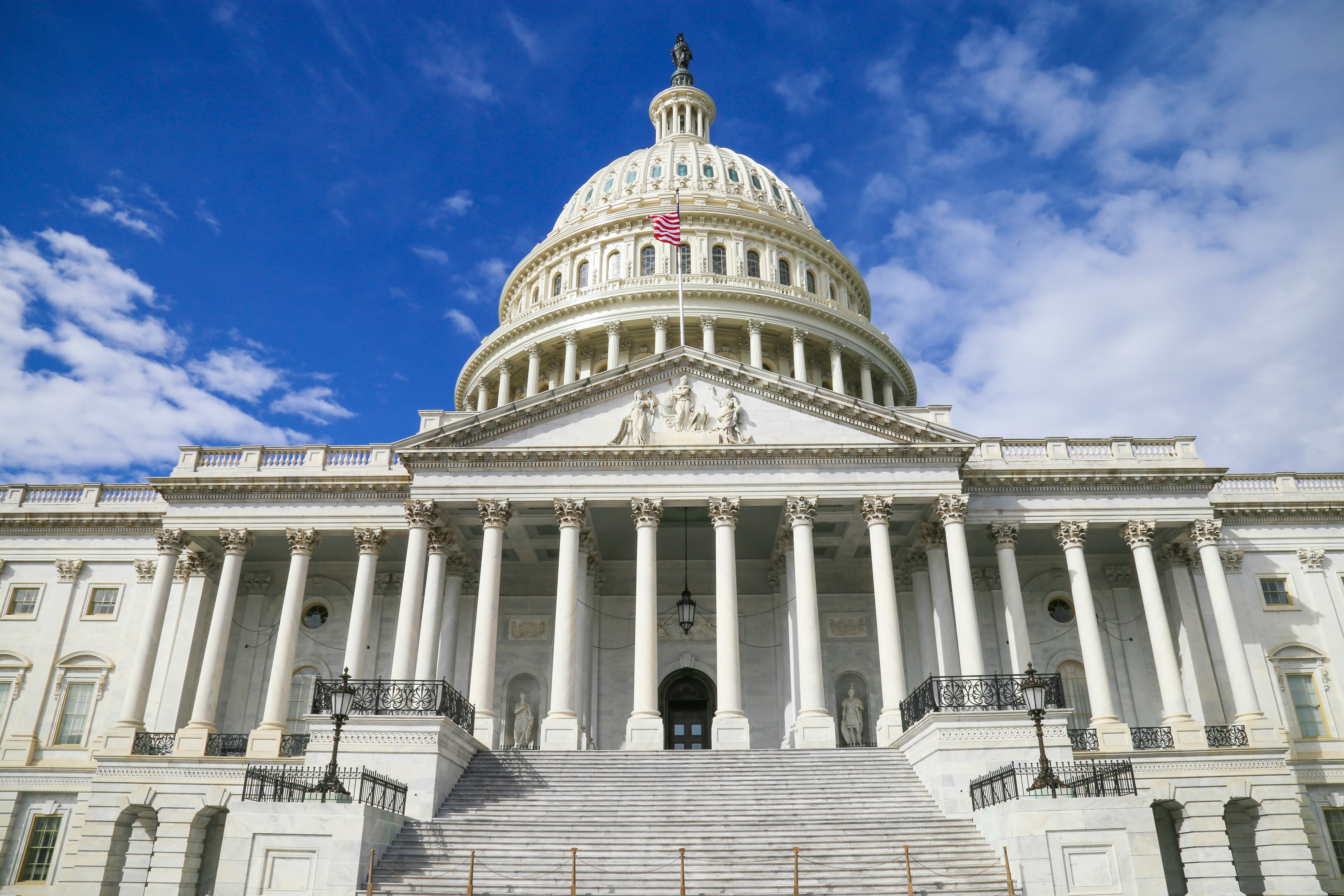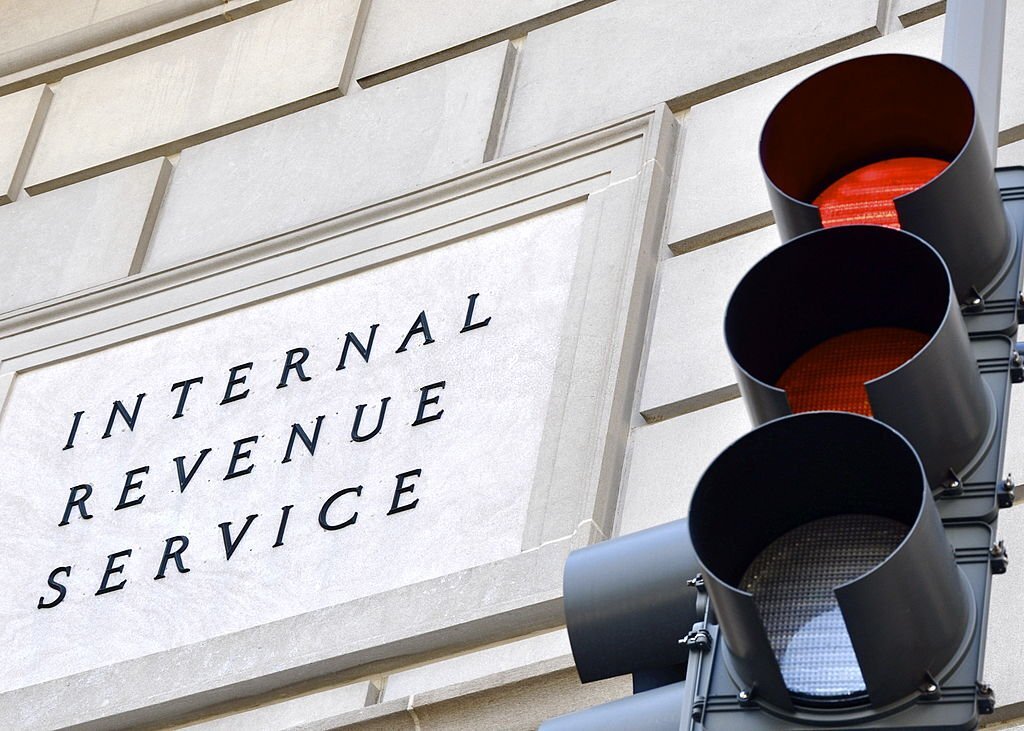The IRS Independent Office of Appeals released its focus guide for fiscal year 2023 on Friday, which details steps the office is taking to expand communications with external stakeholders and to improve taxpayer access to Appeals.
The focus guide outlines the taxpayer service initiatives expected over the coming year, including:
- Increasing stakeholder outreach—including to historically marginalized and limited English proficient communities—about the appeals process.
- Improving access to in-person and video conferences and revising letters and notices to ensure taxpayers understand that it is generally their choice how to meet with Appeals.
- Leveraging technology to improve how Appeals works and manages its cases.
- Continuing the “Practitioner Perspectives” series in which tax practitioners share insights and feedback with Appeals employees. Recordings of prior panel discussions on Collection Appeals and Examination Appeals are available.
- Developing training for Appeals employees on enhancing customer engagement.
“We are excited to share Appeals’ 2023 priorities,” said Andy Keyso, chief of Appeals. “We will keep doing all we can to promote a positive experience for taxpayers and practitioners, while building upon our past accomplishments and applying lessons we learned from the challenges posed by COVID-19.”
A key success in 2022 is how Appeals addressed a significant increase in cases referred for settlement after the taxpayer filed a petition in the U.S. Tax Court. Many of these cases involved taxpayers without legal representation and resulted from communications challenges and difficulties in obtaining and sharing documents during the pandemic.
To avoid further delays, Appeals prioritized these docketed cases and dedicated additional resources to promptly resolve them. Appeals shared guidelines for how employees would streamline their approach to these cases with the public in April 2022. Under these guidelines, Appeals attempted to reach affected taxpayers by telephone shortly after receiving the cases. In addition, Appeals considered specific-dollar settlements, expedited tax computation, and streamlined internal documentation of proposed settlements. Appeals officers also applied their professional judgment, including to accept oral testimony where appropriate, to settle the cases efficiently.
Using this approach, Appeals resolved all 7,500 docketed cases pending when the initiative began. To achieve permanent improvements to the taxpayer experience, the IRS is working to increase the number of cases resolved at the earliest stage possible—before a dispute arises.
“Ensuring that taxpayers and practitioners are satisfied with the appeals process is an ongoing goal for us,” said Shahid Babar, acting deputy chief of Appeals. “The 2023 focus guide is a way to share with the public and with employees our ideas for continually improving how Appeals resolves tax disputes.”
Thanks for reading CPA Practice Advisor!
Subscribe Already registered? Log In
Need more information? Read the FAQs
Tags: IRS




